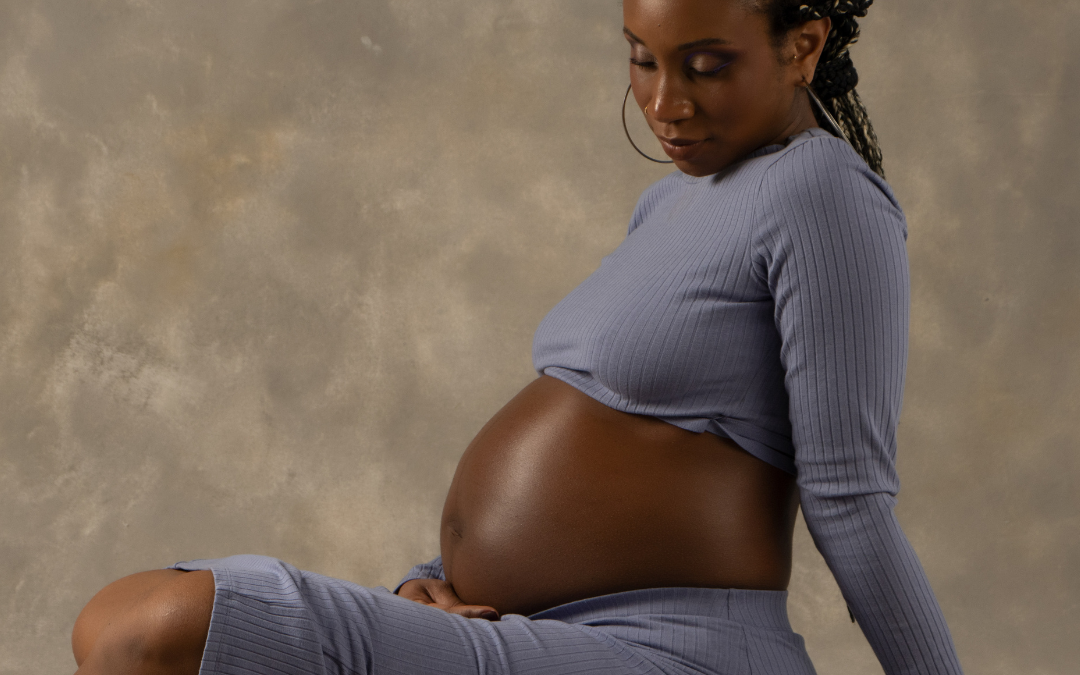The Multifaceted Experience of a Queer Black Woman in America: Psychotherapist and Doula
By Eunice David
Introduction
Growing up, I had little knowledge about mental health. It wasn’t until I got older that I began to understand the crisis affecting Black women in America, especially in the healthcare system. Being a Queer woman of color, I needed to understand the impact of stereotypes of my identities which often led to being marginalized in society. Throughout history, our bodies have been seen as tools for labor, reproduction, and sex, dating back to slavery. This exploitation and dehumanization have resulted in deep scars, leading to trauma that not only affects us but also our families and communities. In this brief article, I share my journey as a Queer Black woman, psychotherapist, and doula, emphasizing the importance of culturally competent care and the urgent need for more Black, Brown, and LGBTQ providers.
My Experience
The trauma endured by Black women in America has deep roots in history. As stated before, where our bodies were used for labor and breeding during slavery. Stereotypes developed during this time, such as the belief that Black women have a higher pain tolerance, continue to shape how we are treated in the healthcare system today and even our self confidence. These stereotypes contribute to the dismissive and often neglectful treatment we receive, especially during childbirth.
In my neighborhood growing up, I witnessed the importance of strength, resilience, love, and nurturing within African households. Femininity and protection were deeply intertwined, especially in relation to a woman’s body. These experiences shaped my understanding of what it means to be a Black woman and highlighted the need for holistic and empathetic care. I have also witnessed the lack of support and effective services for our community.
My sister-in-law’s difficult pregnancies revealed the systemic issues in maternal healthcare. She suffered from postpartum depression, struggles after both births, worsened by inappropriate and complicated interactions with her doctor. Though an interesting time, her experiences are not unique; many women of color share similar stories of mistrust and inadequate care during childbirth. This has reinforced the need for doulas within our community especially in Rhode Island.
The Role of a Doula
Doulas provide essential support by advocating for birthing persons needs, rights and preferences, ensuring their voices are heard in medical settings. They help identify issues that may be overlooked by healthcare professionals, particularly when the person is in pain. Through breathing techniques and emotional support, doulas empower womxn and the birthing person to have safer and more positive birth experiences.
The Role of a Psychotherapist
As a psychotherapist, I bring a unique perspective shaped by my experiences and cultural background. I understand the generational trauma and societal stereotypes that Black women and LGBTQ face. My goal is to create a safe space where clients can discuss postpartum depression, anxiety, and other mental health issues without fear of judgment. My advocacy for social justice empowers clients not only to speak up, but to challenge systemic barriers and navigate their mental health issues with confidence.
The Need for More Black, Brown, and LGBTQ Providers
The presence of more Black, Brown, and LGBTQ providers in psychotherapy and doula services isn’t just beneficial—it’s essential. These providers bring a wealth of personal and cultural understanding that can enhance the quality of care and support they offer.
The key benefits of having a diverse range of providers include fostering trust and connection through representation, improving health and mental health outcomes through a cultural lens, challenging systemic biases within healthcare and mental health systems, and playing a critical role in building and sustaining supportive communities for marginalized groups.
Conclusion
In conclusion, my experience as a Queer Black woman in America, working as both a psychotherapist and a doula, highlights the importance of intersectionality and the significant impact of representation in these scoops of practice. Through my work, I am able to provide crucial support and advocacy to my clients and patients, contributing to a more inclusive and empathetic future in healthcare and mental health services. The need for more Black, Brown, and LGBTQ providers goes beyond diversity; it is about justice, equality, and the transformative effect of truly understanding and addressing the needs of all individuals. I am available for Free 15-minute consultations if you would like to discuss this topic further or if you are looking for mental health services.
For more insights into the importance of doulas for Black women, please refer to this [New York Times article ](https://www.nytimes.com/2023/01/18/us/doula-black-women.html) and conduct further research.


Recent Comments